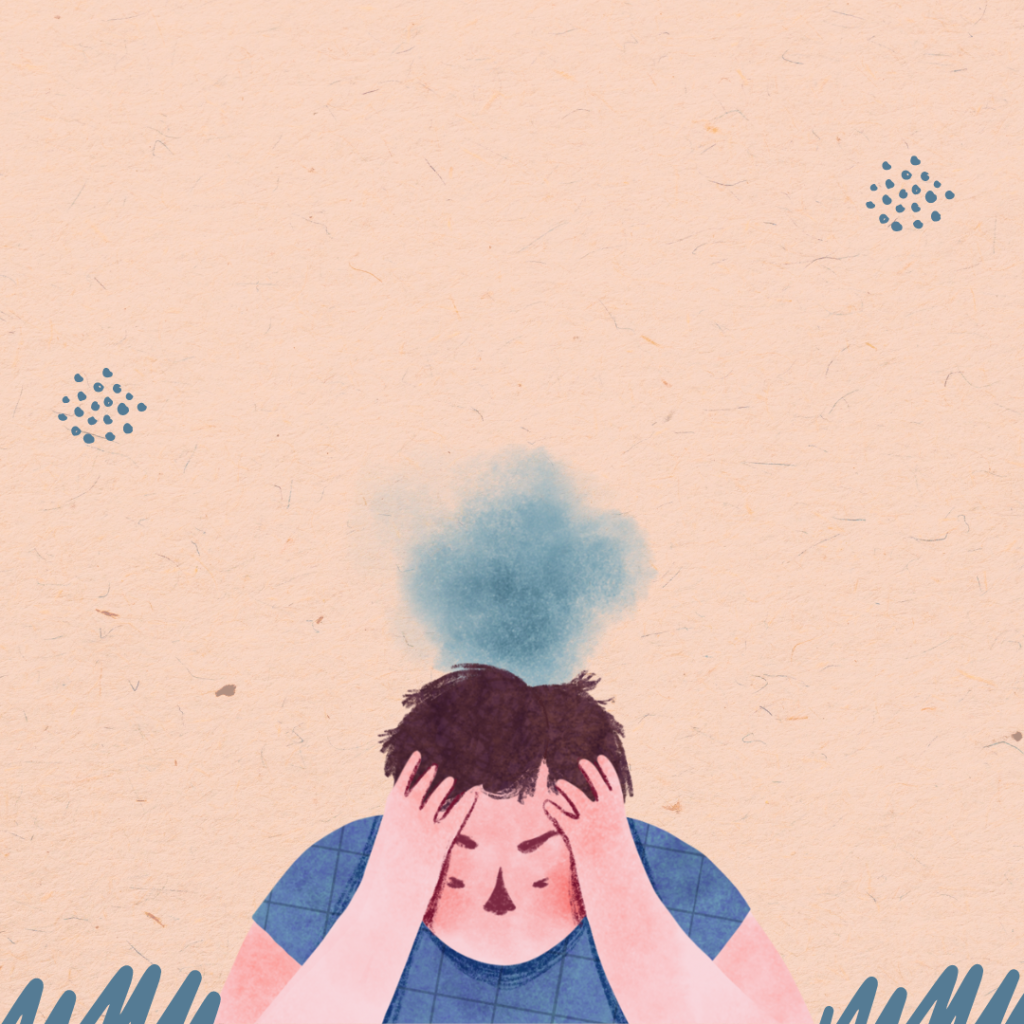Depression is a serious mental health condition that affects millions of people worldwide. Unfortunately, the term “depression” is often used casually in everyday conversations, often to describe feeling down or sad. This casual use of the term can trivialize the experiences of those who live with depression, and perpetuate harmful stigmas. In this post, we’ll explore why it’s important to stop using the term “depression” casually, and suggest alternative ways to express feeling down or sad.
First, it’s essential to understand what depression is and how it differs from feeling down or sad. Depression is a mood disorder that causes persistent feelings of sadness, hopelessness, and worthlessness. It can impact a person’s ability to function in daily life, and lead to physical symptoms such as fatigue, appetite changes, and insomnia. Depression is not something that can be easily shaken off or resolved by positive thinking or a change in circumstances. It’s a complex condition that often requires professional help.
Using the term “depression” casually can trivialize the experiences of those living with depression. People with depression face significant challenges in managing their symptoms, and the stigma surrounding mental health can make it even more difficult to seek help. When we use the term casually, we’re contributing to the harmful stigma that prevents people from seeking the help they need.
Instead of using the term “depression” casually, we can use more accurate and descriptive language to express feeling down or sad. For example, if you’re feeling sad or disappointed about something, you could say “I’m feeling down today” or “I’m going through a tough time.” Using accurate language can help us communicate our emotions more effectively, without trivializing the experiences of those with depression.
It’s also essential to recognize that feeling down or sad is a normal part of the human experience. Everyone experiences sadness, disappointment, and other negative emotions from time to time. However, it’s essential to distinguish between normal sadness and clinical depression. If you’re experiencing persistent feelings of sadness, hopelessness, or worthlessness, and it’s impacting your ability to function in daily life, it’s important to seek professional help. This could be from a therapist, doctor, or other mental health professional who can provide you with the support and treatment you need.
In conclusion, using the term “depression” casually can have harmful effects on those living with depression. It’s important to recognize that depression is a serious mental health condition that requires professional help and support. Instead of using the term casually, we can use more accurate language to express feeling down or sad. By doing so, we can help reduce the stigma surrounding mental health and provide more meaningful support to those who need it.



